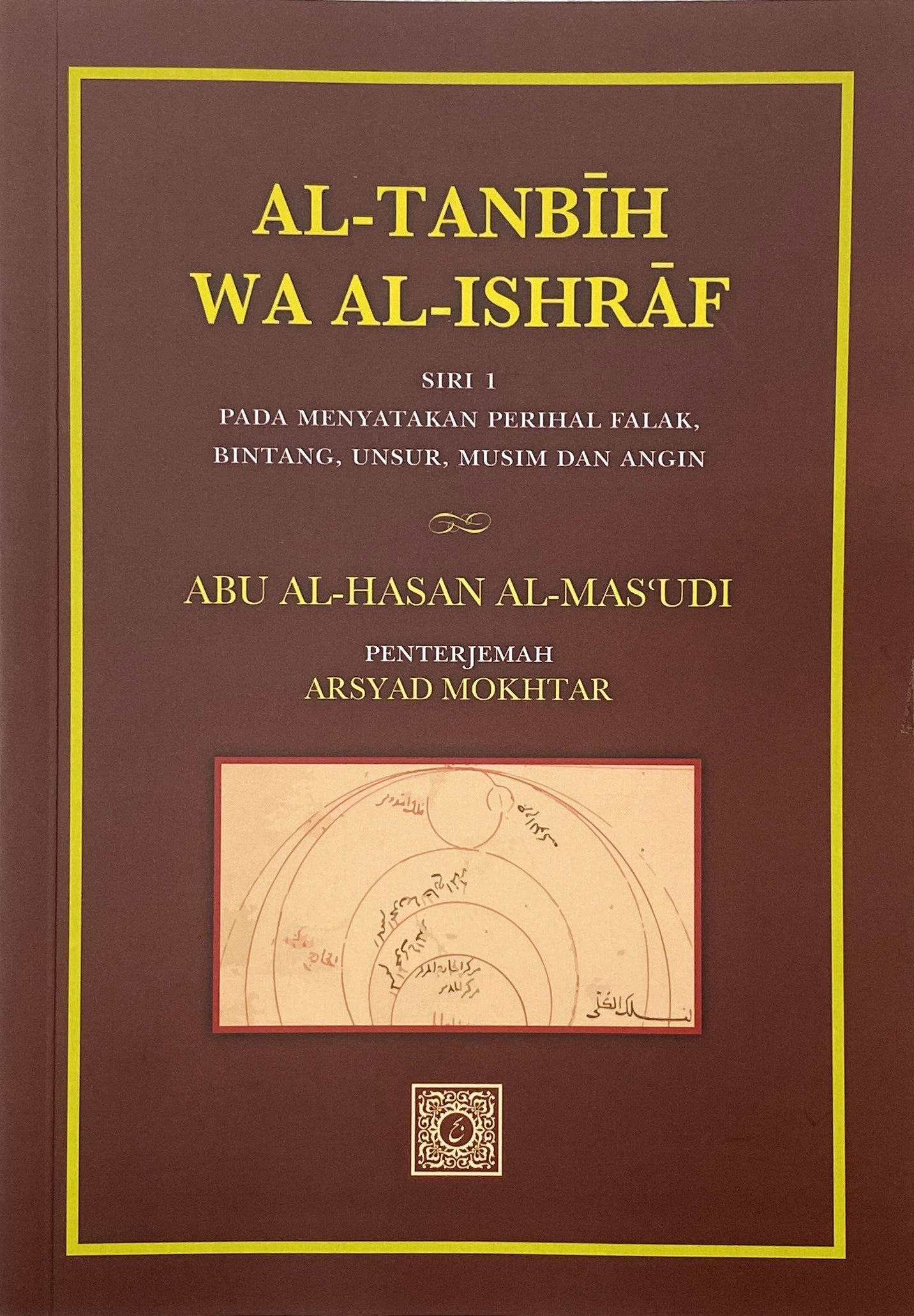The concept of “Tanbih al-Khawatir” is rooted deeply within Shia theological and philosophical discourse. Often translated as “The Wakefulness of the Thoughts,” this text encompasses a wealth of profound insights that delve into the spiritual and moral dimensions of human existence. At its core, “Tanbih al-Khawatir” serves as a guide to introspection and self-awareness, bringing forth themes that resonate with both the common individual and the astute scholar. This treatise is not merely a literary work; it is a crucible in which the complexities of faith, ethics, and existential contemplation are shaped and articulated.
The allure of “Tanbih al-Khawatir” lies in its ability to address a pervasive existential observation: the tumultuous nature of human thought. In our fast-paced world, individuals often find themselves engulfed in a cacophony of distractions and superficial pursuits. This phenomenon has incited a deeper inquiry into the reasons why so many are captivated by the insights of “Tanbih al-Khawatir.” The text provides a means to navigate the labyrinth of thought that frequently leads to disquietude and distraction. More than just a reflection of philosophical precepts, it encourages a journey inward for the cultivation of spiritual tranquillity.
In examining the essence of this work, it is essential to highlight the context of its composition. Written in the context of Islamic philosophy, “Tanbih al-Khawatir” emerges from a tradition that emphasizes reason and revelation. The delicate interplay between these two domains becomes a focal point of exploration. Shia scholarship often regards the union of intellect and spiritual perception as paramount to attaining true knowledge. This epistemological framework positions “Tanbih al-Khawatir” as a pivotal text that stretches beyond mere theological assertions, beckoning the reader to partake in a contemplative process that supports personal transformation.
An intriguing aspect of “Tanbih al-Khawatir” is its exploration of the duality inherent within human nature. The text posits that individuals are seldom static; they oscillate between elevated states of being and periods of moral laxity. This view fosters a profound sense of empathy, as it recognizes the universal struggle against the proclivity toward ethical negligence. It is here that one can glean further insights into why this work continues to resonate deeply with its readers. The allure lies not merely in the wisdom conveyed, but in the understanding that the human condition is fraught with fluctuations, beckoning a holistic approach to personal and moral accountability.
Tags
Share this on:
[addtoany]


